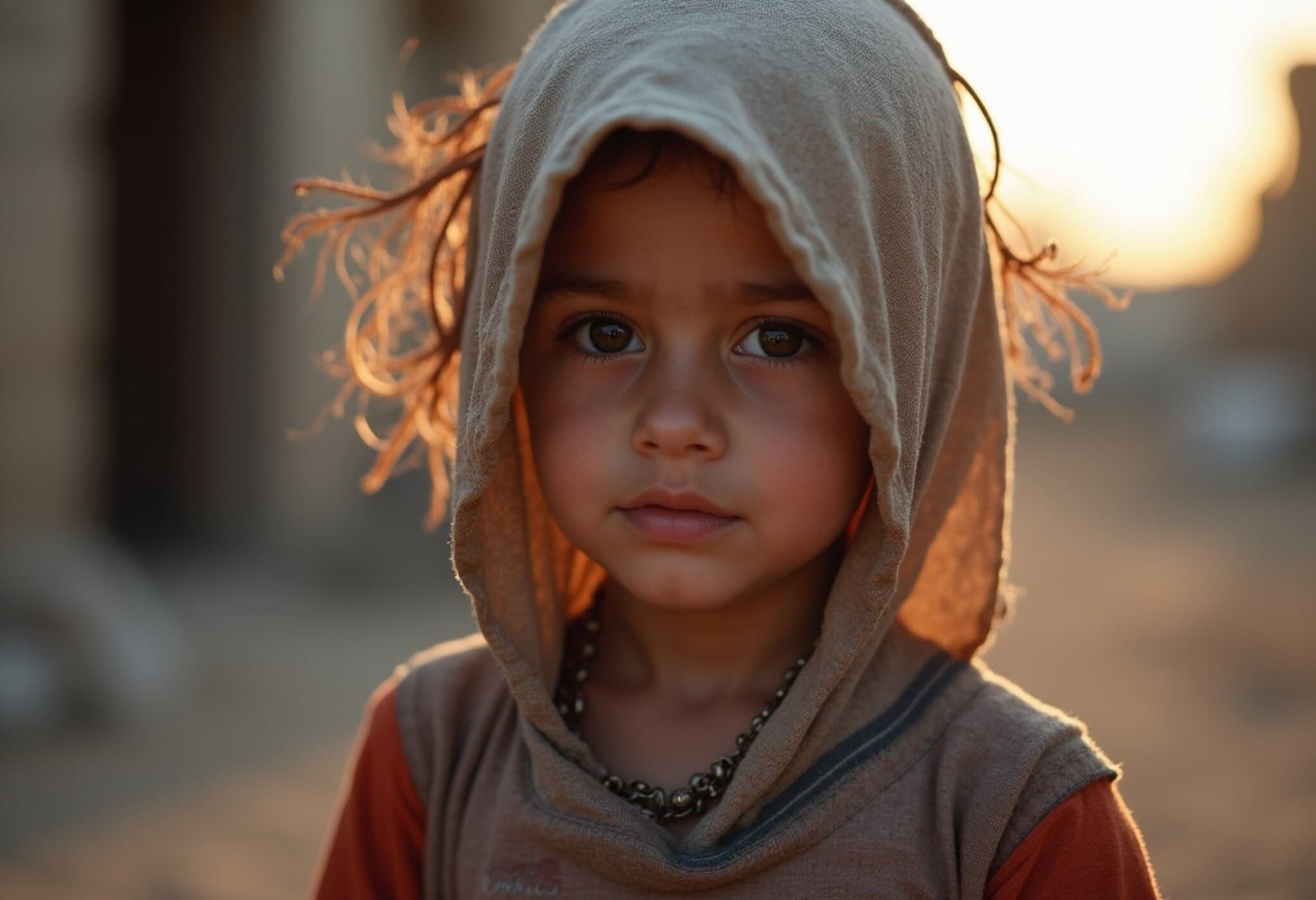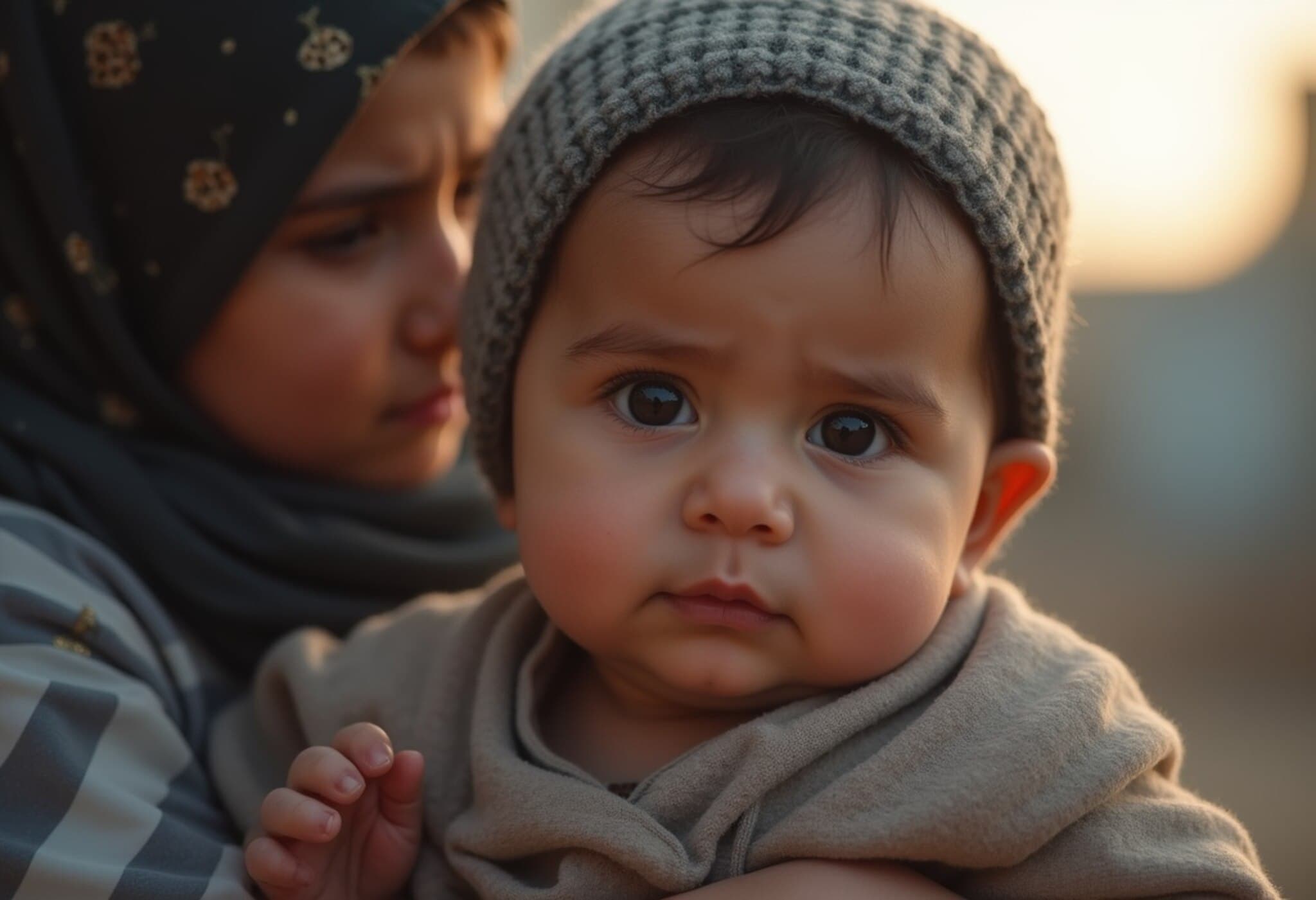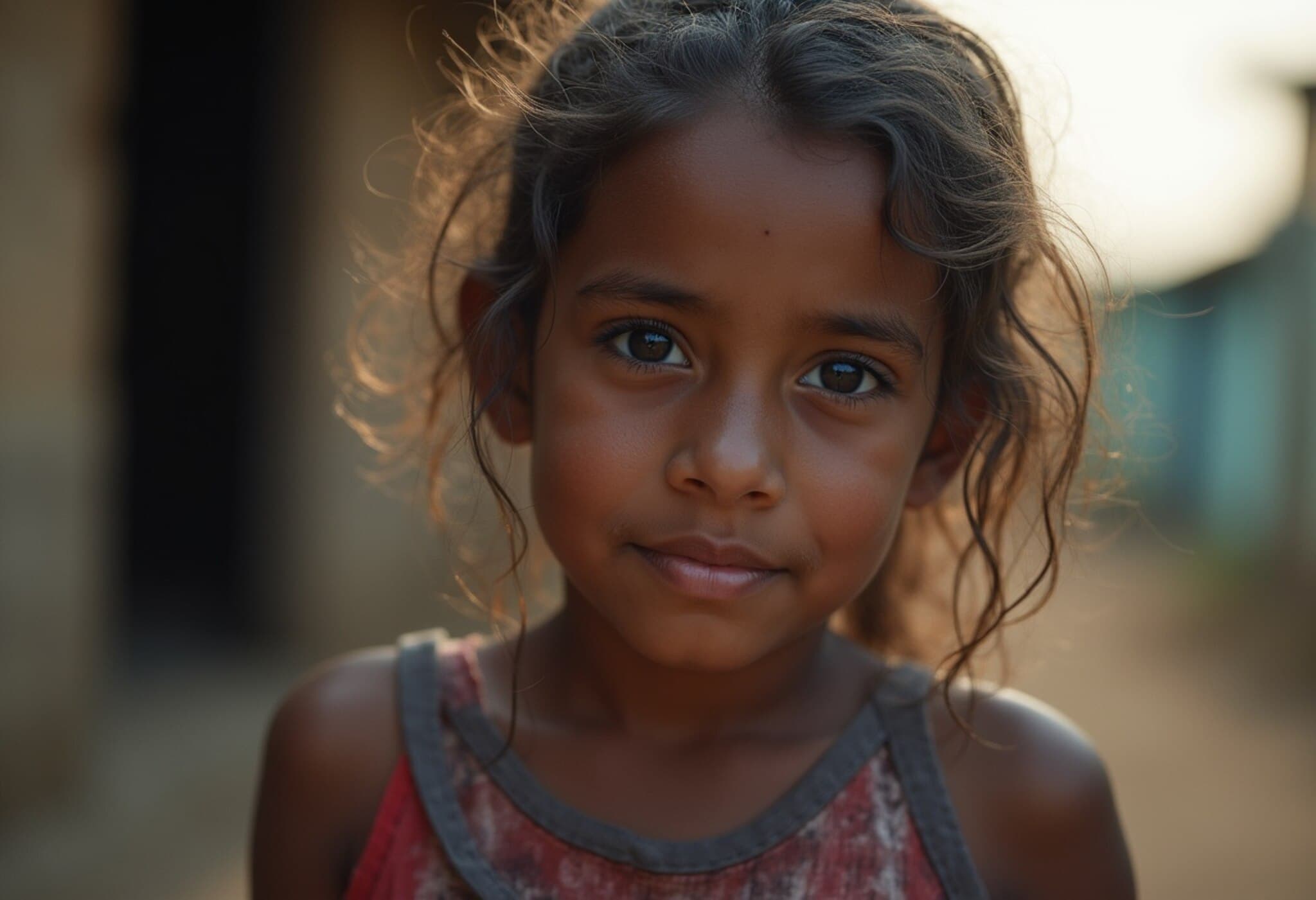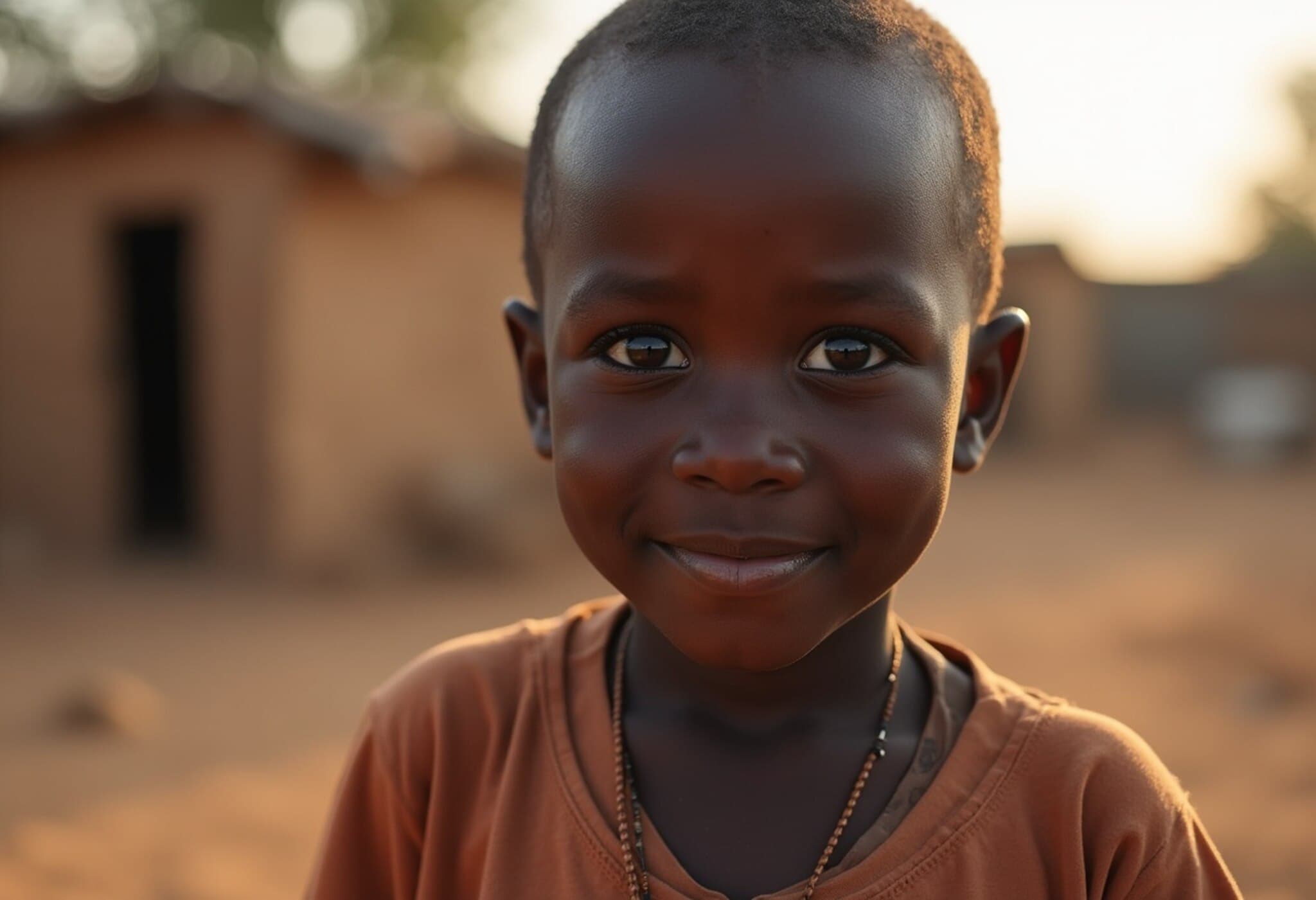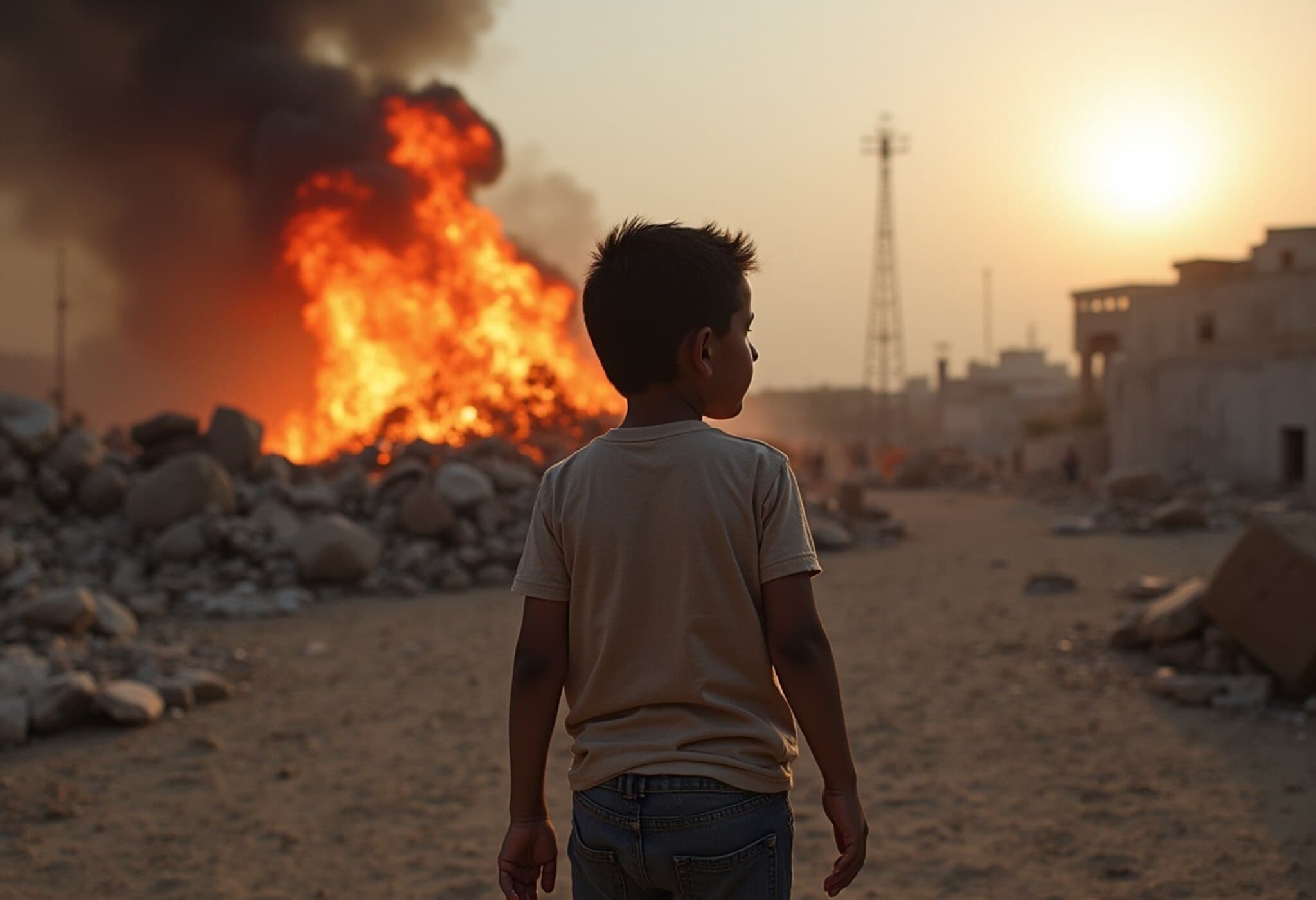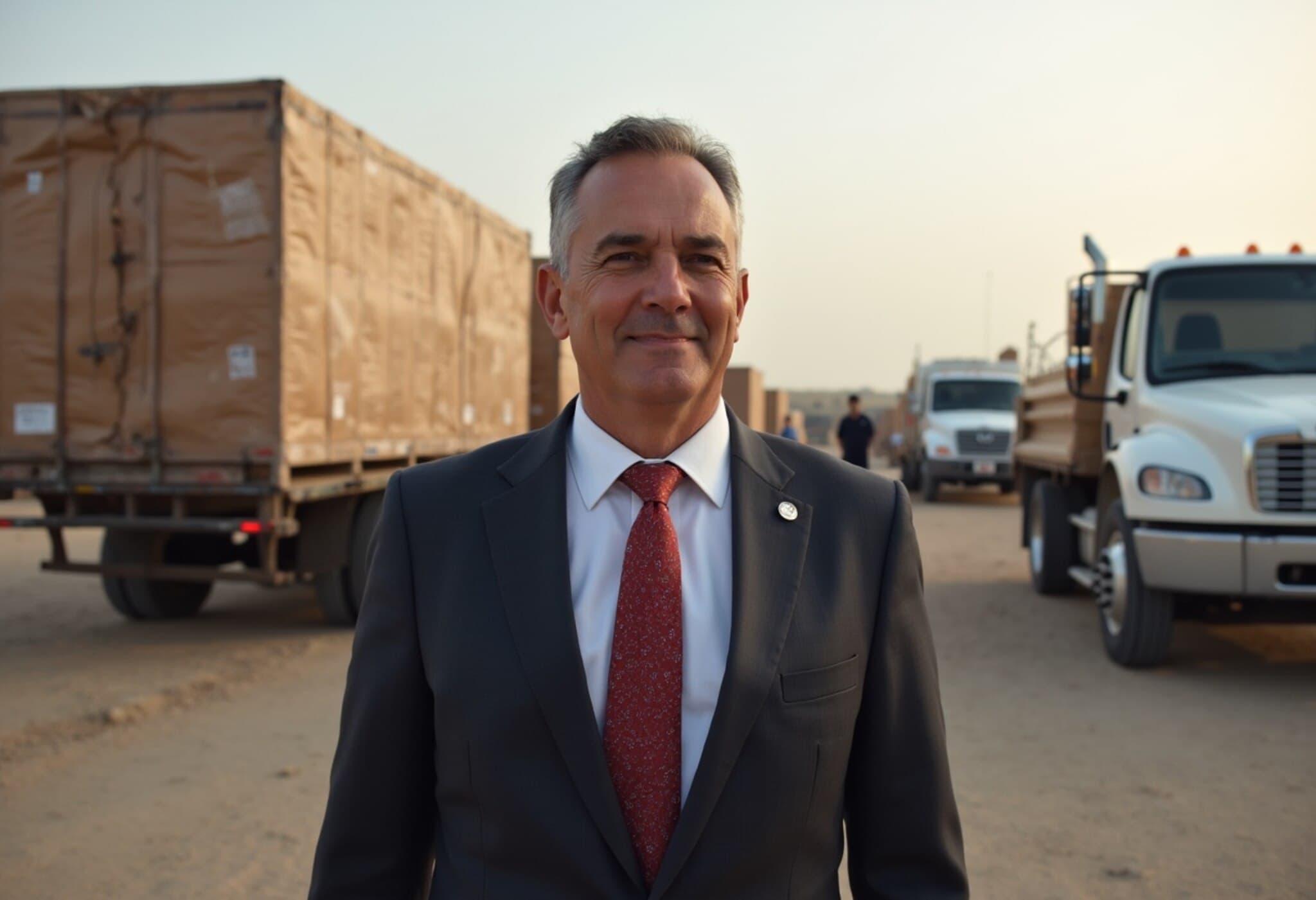Hunger Crisis in Gaza Reaches Critical Tipping Point Amid Ongoing Conflict
As the conflict in Gaza intensifies, humanitarian experts warn that hunger has reached a potentially irreversible 'tipping point,' with devastating consequences particularly for children. The ongoing Israeli military offensive combined with severe aid restrictions has led to acute food shortages, sparking fears of a deepening famine and a long-term public health disaster in the region.
Escalating Malnutrition and Rising Deaths
In recent weeks, healthcare providers and aid workers on the ground have reported alarming increases in malnutrition-related deaths. According to the Gaza Health Ministry, at least 154 people, including 89 children, have died from starvation since the conflict began. These figures, regularly updated only in recent weeks, reflect a rapidly worsening situation.
Dr. Ahed Jabr Khalaf, a pediatrician and intensive care specialist at Nasser Hospital in Khan Younis, shared firsthand accounts of children succumbing to malnutrition daily amid extreme hardships faced by medical staff themselves.
"We are now facing a massive health disaster," Dr. Khalaf emphasized, underscoring the grim reality confronting Gaza's vulnerable populations.
Experts Warn of an Imminent Humanitarian Catastrophe
Jeremy Konyndyk, President of Refugees International and former U.S. Agency for International Development (USAID) official, described this emergence of malnutrition deaths as a stark signal that the crisis has surpassed critical vulnerability thresholds.
"The presence of starvation-related deaths, even in small numbers, foreshadows larger, more devastating waves if urgent action is not taken," Konyndyk said. His assessment aligns with the Integrated Food Security Phase Classification (IPC), which recently declared that Gaza is descending into worst-case famine conditions.
Jeanette Bailey, Global Practice Lead on Nutrition at the International Rescue Committee (IRC), emphasized that the "window to prevent mass death is rapidly closing." She warned of an exponential rise in fatalities without immediate, large-scale intervention.
Children Bear the Brunt — Lifelong Consequences Expected
Child malnutrition in Gaza isn't just a short-term emergency—it poses profound long-lasting effects. Kiryn Lanning, Senior Director of Emergencies at IRC, expressed grave concern for young children who are already "shutting down" physically due to starvation.
Dr. Emily Keats from Johns Hopkins Bloomberg School of Public Health highlighted the surge in acute malnutrition or "wasting," where children exhibit dangerously low weight relative to their height. Chronic undernutrition, including stunting (low height for age) and micronutrient deficiencies, compounds these risks, often irreversibly impairing growth and cognitive development.
Beckie Ryan, CARE’s Gaza Response Director, cautioned that many children under five may never recover fully from malnutrition at this scale, impacting their ability to learn, develop, and thrive for years to come.
Broader Implications for Future Generations
Experts like Dr. Marko Kerac from the London School of Hygiene & Tropical Medicine stress that the first 1,000 days of life—from conception to two years old—are a critical window where nutritional deprivation carries heightened risks, including impaired brain development and increased vulnerability to illness.
Moreover, malnutrition in childhood can perpetuate a vicious cycle, contributing to low birth weights and stunted growth in future generations—a public health legacy that could scar Gazan society for decades.
Political Context and Urgency of Aid
Despite these grave warnings, Israel's government maintains that the situation, while difficult, is not a manufactured crisis. Yet international agencies insist that insufficient humanitarian access and continued restrictions drastically limit the ability to deliver life-saving food and medical aid.
Global calls are intensifying for immediate, unfettered humanitarian corridors to alleviate the growing famine and prevent an irreparable catastrophe.
- Key challenges: Blockades limiting food imports, medical shortages, overwhelmed healthcare facilities.
- Urgent needs: Nutritional supplements, clean water, medicines, and safe access for humanitarian workers.
- Longer-term focus: Rebuilding infrastructure, supporting child development, and addressing chronic malnutrition consequences.
Editor’s Note
The unfolding famine in Gaza is a stark reminder of how armed conflict devastates not only immediate security but the foundational elements of human health and future potential. The emerging data reveal a humanitarian crisis that goes beyond political rhetoric to touch the very core of human survival and dignity.
For the United States and international actors, the challenge lies in navigating complex geopolitical realities while prioritizing urgent humanitarian access. The long-term costs—human, social, and economic—of neglecting Gaza’s children could reverberate well beyond the region.
Is the international community prepared to act decisively to avert a generational calamity? The answer to this question will shape Gaza's—and the world's—future for decades to come.

